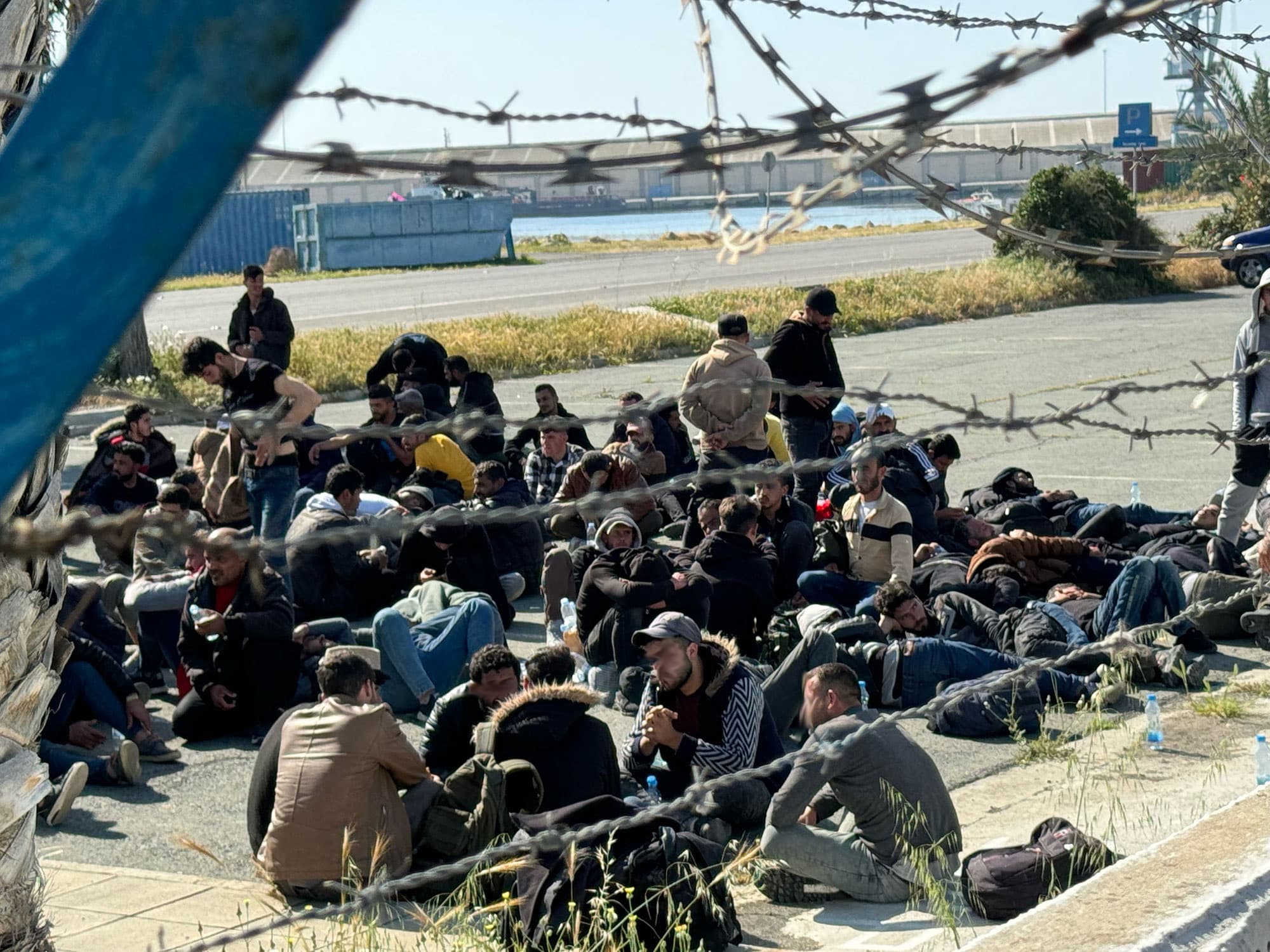President Nikos Christodoulides on Thursday welcomed the new pact among EU states dealing with migrants and asylum seekers, calling it “a step in the right direction” as political parties here bickered over the development.
“Naturally we would have wanted more, particularly when it comes to relocations, which at the moment are voluntary,” said the president. “We wanted them [relocations] to be mandatory.”
Relocation is when asylum applicants and beneficiaries of international protection are transferred from their current host European country, normally their first country of entry into the EU, to another European country. If an applicant for asylum is relocated, the new host country takes over the examination of their asylum application.
Christodoulides also said he heard statements from some leaders of the European Council that “they will not implement it [the EU pact] in their case.”
Meanwhile, he added, Cyprus is doing even more – the interior minister has visited Denmark and the Czech Republic for talks on how certain areas in Syria can be declared safe.
A total of 10 separate pieces of legislation were passed by the European Parliament on Wednesday night, providing for a stricter and more unified approach across the bloc to the processing and settling of asylum seekers.
Dubbed ‘The New Pact on Migration and Asylum’, the reforms address the questions of who should take responsibility for migrants and asylum seekers when they arrive and whether other EU countries should be obliged to help.
Disy were broadly in favour of the changes, while Akel and the Green Party were both vehement in their opposition to them.
Disy on Thursday echoed the government’s characterisation of the redesign as “a step in the right direction”.
“For the first time, strict legislation is being established to manage this very serious issue while, at the same time, collective responsibility and solidarity are being incorporated for the states which find themselves under the greatest pressure, such as Cyprus.”
They also expressed their support for agreements struck with third countries, as well as plans to take measures against “countries which weaponise migration such as Turkey”.
Additionally, they criticised those against the changes, saying “unfortunately, the European left and the extreme Eurosceptics have once again shown their nihilistic face. With their attitude, they would have essentially chosen to keep the current situation as it is.
“Once again, the extremes of each side met each other in their sterile and dead-end policies.”
Akel opposed the changes, offering three reasons for their disapproval.
The first, they said, is that “the pact maintains the basic principle of the Dublin Regulation, which stipulates that the responsible member state for each applicant is the state in which they first arrive in the EU. This perpetuates the confinement of refugees and migrants in frontline countries such as Cyprus.”
Their second reason was the fact that relocation of people granted asylum between member states remains “voluntary” on the part of the states themselves. This is a point which the interior ministry itself had described as “less than ideal” in its own evaluation of the pact.
Their third and final reason was that the bill “fails to introduce what we have been asking for years in Europe and also in Cyprus: the establishment of a system for the distribution and accommodation of refugees in all the EU’s member states according to each’s population and capability.
“Instead, the new pact will allow some member states to take no share of the responsibility for hosting refugees and buy off that obligation by paying a sum for each person they do not accept on their territory,” Akel said.
They said, “the recent increase in refugee flows as a result of Israel’s military operations in Palestine and the bombings it launches in Syria and Lebanon should immediately mobilise the European Union.”
They added that an “immediate distribution” of refugees among the bloc’s member states, as was done upon the outbreak of war in Ukraine, “is now imperative”.
The Green Party were even more scathing, describing the new pact as “inferior to the current circumstances”.
“On the one hand, it allows the human rights of refugees and asylum seekers, and on the other, an unprecedented tolerance is shown to governments which express extreme indifference by refusing to take on part of the economic and social burden that housing a few thousand refugees can entail.”
Tolerance of the position of these governments, they said, leads to the extension of heartlessness, since the pact was not accepted by the far-right leaders in Hungary and Poland who objected to the solidarity causes.
“The EU must take bold steps to address the causes of refugees and migrants arriving and stop resorting to half measures which only favour traffickers.”







Click here to change your cookie preferences